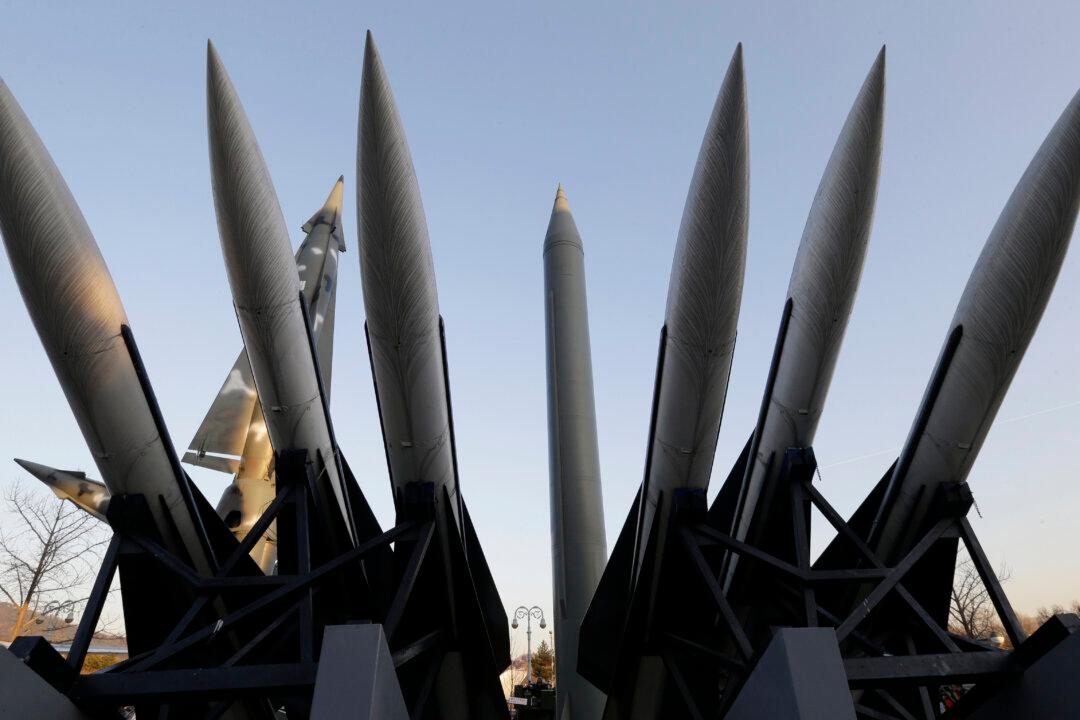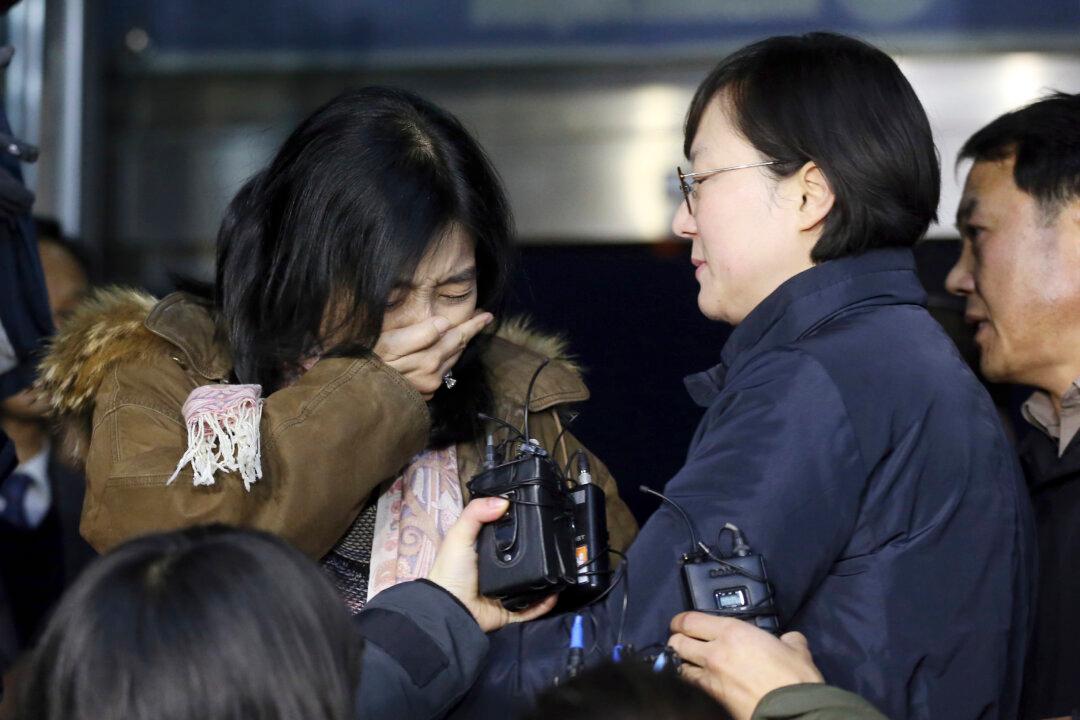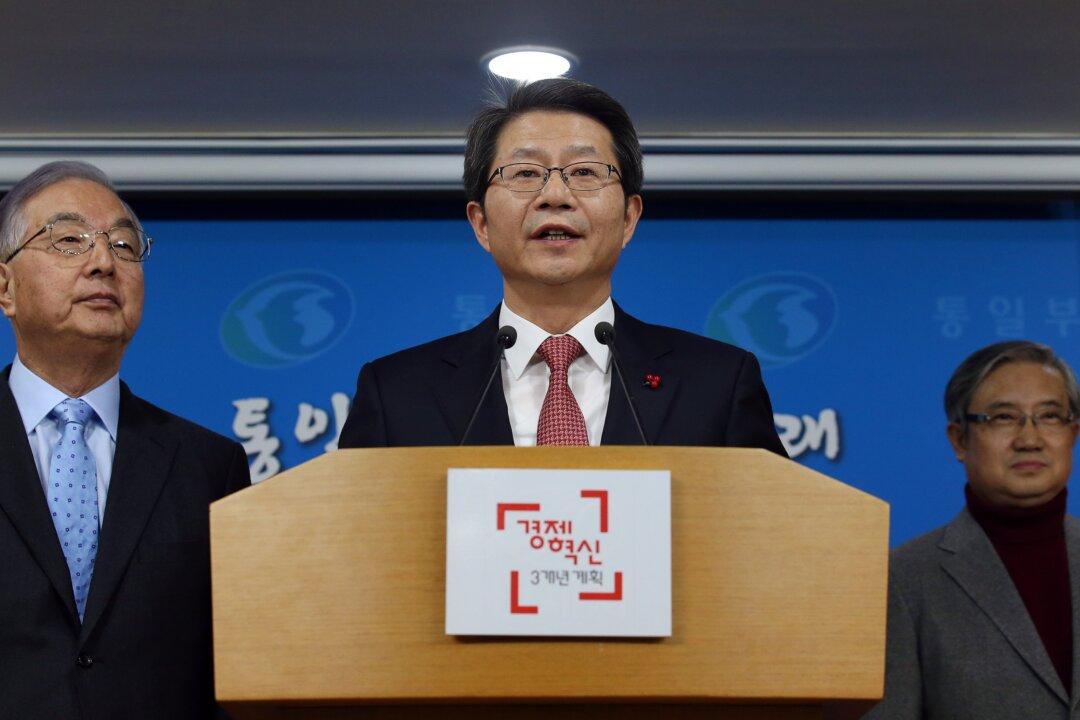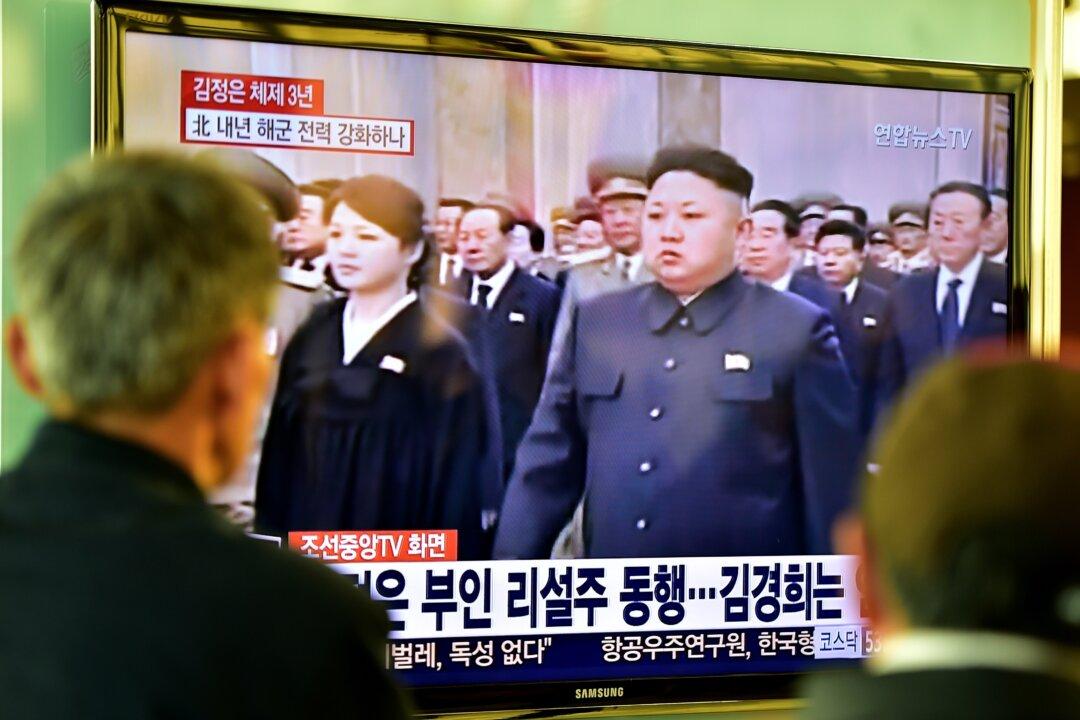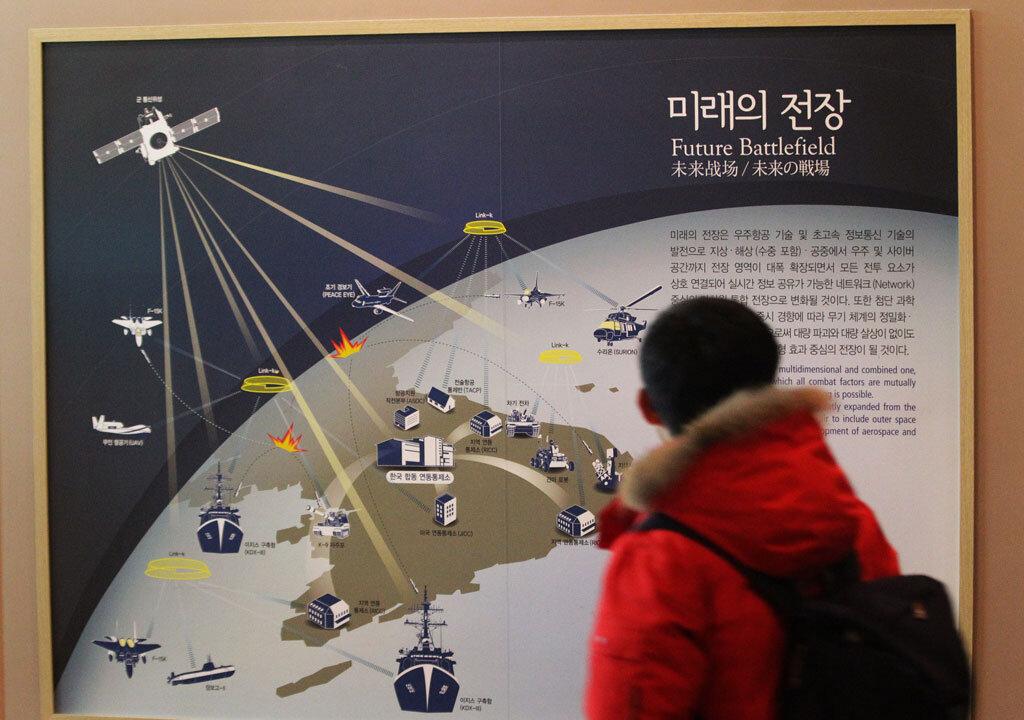SEOUL, South Korea—North Korea has told the United States that it is willing to impose a temporary moratorium on its nuclear tests if Washington scraps planned military drills with South Korea this year, the North’s official news agency said Saturday.
Washington called the linking of the military drills with a possible nuclear test “an implicit threat,” but said it was open to dialogue with North Korea.
The U.S. has previously refused to cancel military drills with South Korea, even at times of high tensions, and has said the North must first demonstrate how sincere it is about nuclear disarmament before serious talks can resume.
The North’s reported proposal comes at a time of animosity between North Korea and the U.S. over a Sony movie depicting the assassination of North Korean leader Kim Jong Un. The U.S. blames the North for crippling hacking attacks on Sony Entertainment and subsequently imposed new sanctions on the country, inviting an angry response from Pyongyang, which has denied responsibility for the cyberattacks.
The North’s official Korean Central News Agency said the government proposed to the U.S. what it calls a “crucial step” to ease animosities and remove the danger of war, prompted by desires to pave the way for a reunification with South Korea this year, which marks the 70th anniversary of the rivals’ division.
The message “proposed the U.S. to contribute to easing tension on the Korean Peninsula by temporarily suspending joint military exercises in South Korea and its vicinity this year, and said that in this case (North Korea) is ready to take such responsive step as temporarily suspending the nuclear test over which the U.S. is concerned,” KCNA’s report said.
“Now is the time for the U.S. to make a bold decision for peace and stability on the Korean Peninsula and in Northeast Asia,” it said.
The message was conveyed to the U.S. on Friday through an unspecified relevant channel, KCNA said.
U.S. State Department spokeswoman Jen Psaki said Saturday that a new nuclear test would be a “clear violation of North Korea’s obligations under multiple U.N. Security Council resolutions.”
“The DPRK statement that inappropriately links routine (U.S.-South Korean) exercises to the possibility of a nuclear test by North Korea is an implicit threat,” she said, using the North’s official name, the Democratic People’s Republic of Korea.
“We call on the DPRK to immediately cease all threats, reduce tensions, and take the necessary steps toward denuclearization needed to resume credible negotiations,” Psaki said. “The United States remains open to dialogue with the DPRK, with the aim of returning to credible and authentic negotiations on the denuclearization of the Korean Peninsula.”
Pyongyang has called the annual U.S.-South Korean military drills a rehearsal for an invasion, though the allies have repeatedly said that the war games are defensive in nature, and that they have no intentions of attacking the North. Analysts say the U.S.-South Korea drills have hurt the North’s economy because Pyongyang has spent precious resources to stage its own drills in response.
North Korea conducted nuclear tests in 2006, 2009 and 2013. A fourth test would mark another defiant response to U.S.-led international pressure on Pyongyang to abandon its nuclear program.
Western experts believe North Korea has a handful of rudimentary bombs, though it is not believed to be capable yet of producing warheads small enough to mount on a long-range missile that could threaten the U.S. Another nuclear test could put the North a step closer to that goal.
The Korean Peninsula remains divided along the world’s most heavily armed border because the 1950-53 Korean War ended with an armistice, not a peace treaty. About 28,500 American troops are deployed in South Korea as a buttress against potential North Korean aggression.
In the spring of 2013, tensions dramatically spiked after Pyongyang made a torrent of threats to launch nuclear strikes against Seoul and Washington to protest U.N. sanctions that were toughened following the North’s third nuclear test.
From The Associated Press
